Menu
Menu
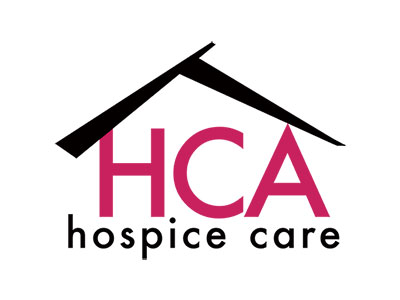
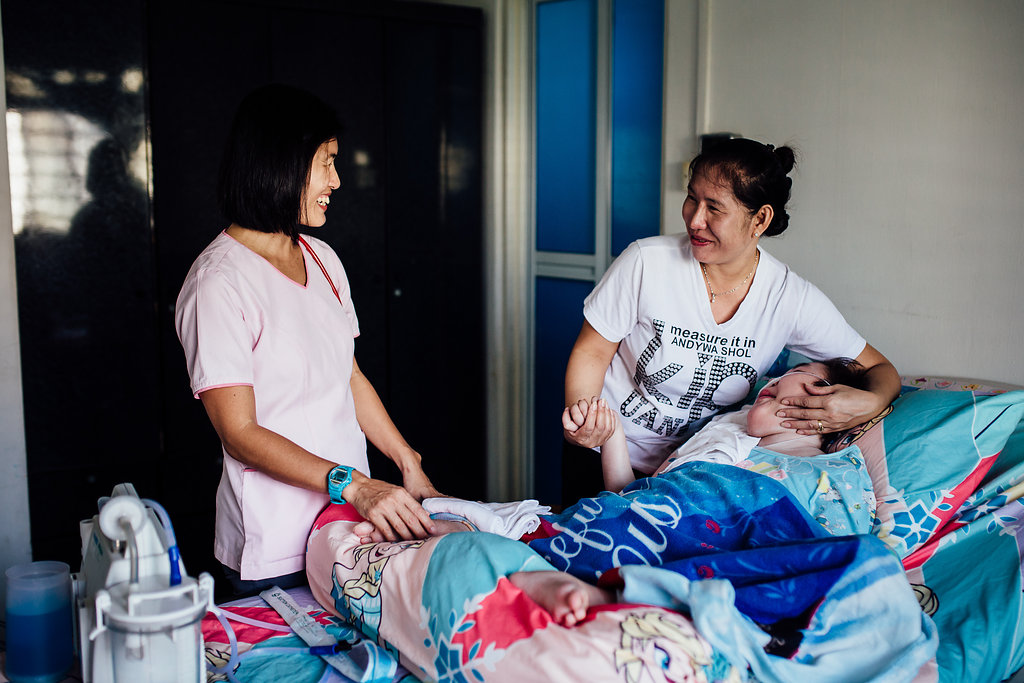
An interview with Desmond Tan and Kimberly Chan, Star PALS Medical Social Worker
Watching a loved one die is never easy. What more, a child?
We peer through the lens of HCA Star PALS’ Medical Social Workers, Desmond Tan and Kimberly Chan as they shed light on the importance of providing holistic care for families whose children are facing life-limiting or life-threatening illnesses.
Patient care is undoubtedly the top priority for the Star PALS clinical team. “Our aim is to improve the quality of life for patients while they are alive. In doing so, we need to take into consideration the caregiver and the whole family as well, since they are the ones providing full-time care for the patients. In supporting them, we support the patient,” shares Desmond.
Changes
“When a child falls ill, it throws the whole family into a crisis,” says Kimberly.
Their once-familiar routine is thrown into an upheaval, with countless medical appointments, sleepless nights attending to the child and emotional stress all at the same time.
“For example, a child who used to attend school before the illness may now need special transport arrangements. We will also discuss with the school on the best way to accommodate the child and facilitate a conducive learning environment.”
Apart from the physical changes, emotional changes are also taking place, unbeknownst to the family
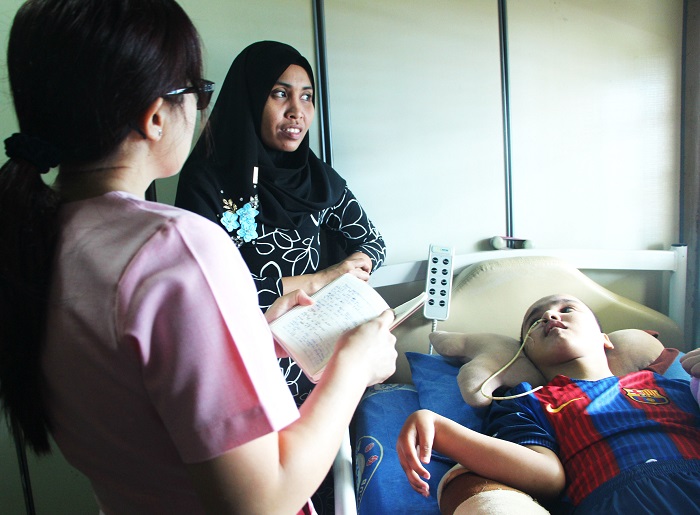
Star PALS Nurse Ren Hui checks-in with both patient and caregiver on her home visits
“Caregivers may be distraught by the impending death of their child or grieving for the loss of the ability to do things together as a family. Siblings, on the other hand, may feel neglected. They may exhibit behavioural changes such as detachment from the patient or refusing to do their homework,” explains Desmond. He also affirms that detachment is one of the ways that children express themselves, as it can be a confusing time for them, especially when parents do not explain the situation in full light.
“I once had a patient whose sibling was acting out and exhibited attention seeking behaviour. She started having an imaginary friend and could describe her “friend” as someone with long hair and big eyes. She was all alone and no one paid attention to her.” Desmond then had a discussion with the parents and explored the possibility of dividing their attention between their children. One would care for the patient, while the other would focus on the sibling. “According to the mother, the sibling is now much better behaved.”
Fatigue is also a common issue for caregivers. The insufficient rest and frequent suctioning and turning of the patient throughout the night may culminate into burnout. Explaining further, Desmond shares, “parents may tire out from the caregiving and having to deal with their emotions and at times project their frustrations on their children.”
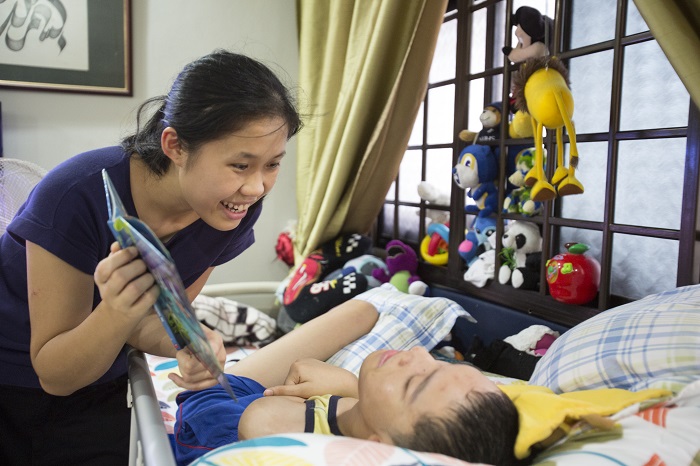
Medi Minder, Janice Soo provides respite care for parents of Star PALS patients
“In such cases, we will engage our Medi Minders who are trained volunteers, to care for the child while the caregiver is given a few hours of respite to focus on themselves or other tasks at hand. There is also the option of an emergency private nursing service, should there be a sudden caregiver crisis.” Depending on the situation, this service is sometimes provided free of charge.
Helping parents cope with grief
Providing the practical needs for the patient and family is the easy part. Helping parents cope with their grief requires an important ingredient – trust. “It takes patience”, admits Desmond, who believes in building a strong rapport with the parents first before helping them with their emotional needs.
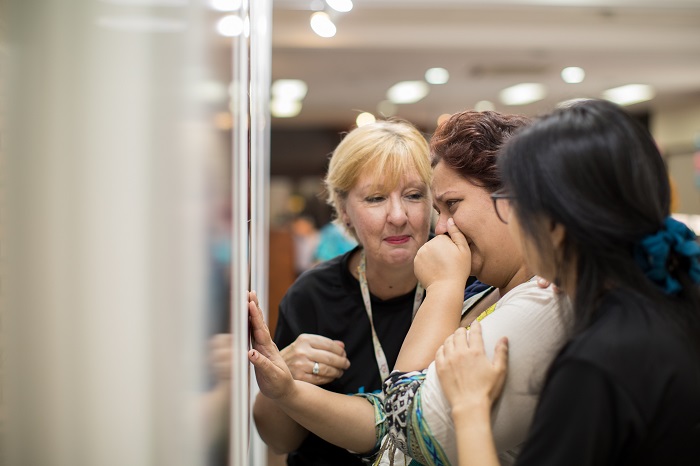
Star PALS staff and volunteer share a moment of grief with a bereaved family member at a memorial event
Kimberly adds that “there are some who do not want to be vulnerable. They want to be strong for their child, for their family. So we help to ‘hold space’ for them at the place they are at and discuss only what they are comfortable with.”
The Star PALS team also aims to lighten the burden of caregiving through fun and engaging Family Day events. These activities create the opportunities for the family to play and bond as a family outside of caregiving. “Apart from creating precious memories, we also want to empower our families to be comfortable bringing their child outside.”
The journey continues
The support doesn’t end after the patient passes on. Kimberly shares that the team follows up with the family member via text, a chat over the phone or a meet up with the bereaved family to see how they are coping.
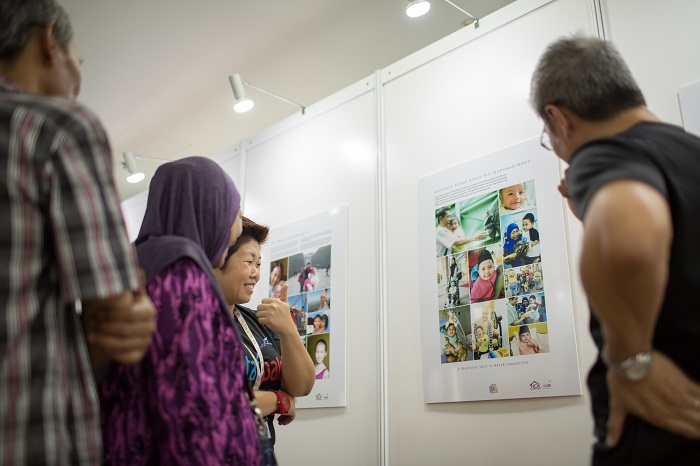
A Star PALS memorial event held last November
The Star PALS team also organises memorial events annually where families come together to remember the life of their children who have passed on.
With the aim of becoming a beacon of light and hope for their patients and families, the Star PALS team walk this journey with their patients and families to the end and beyond.